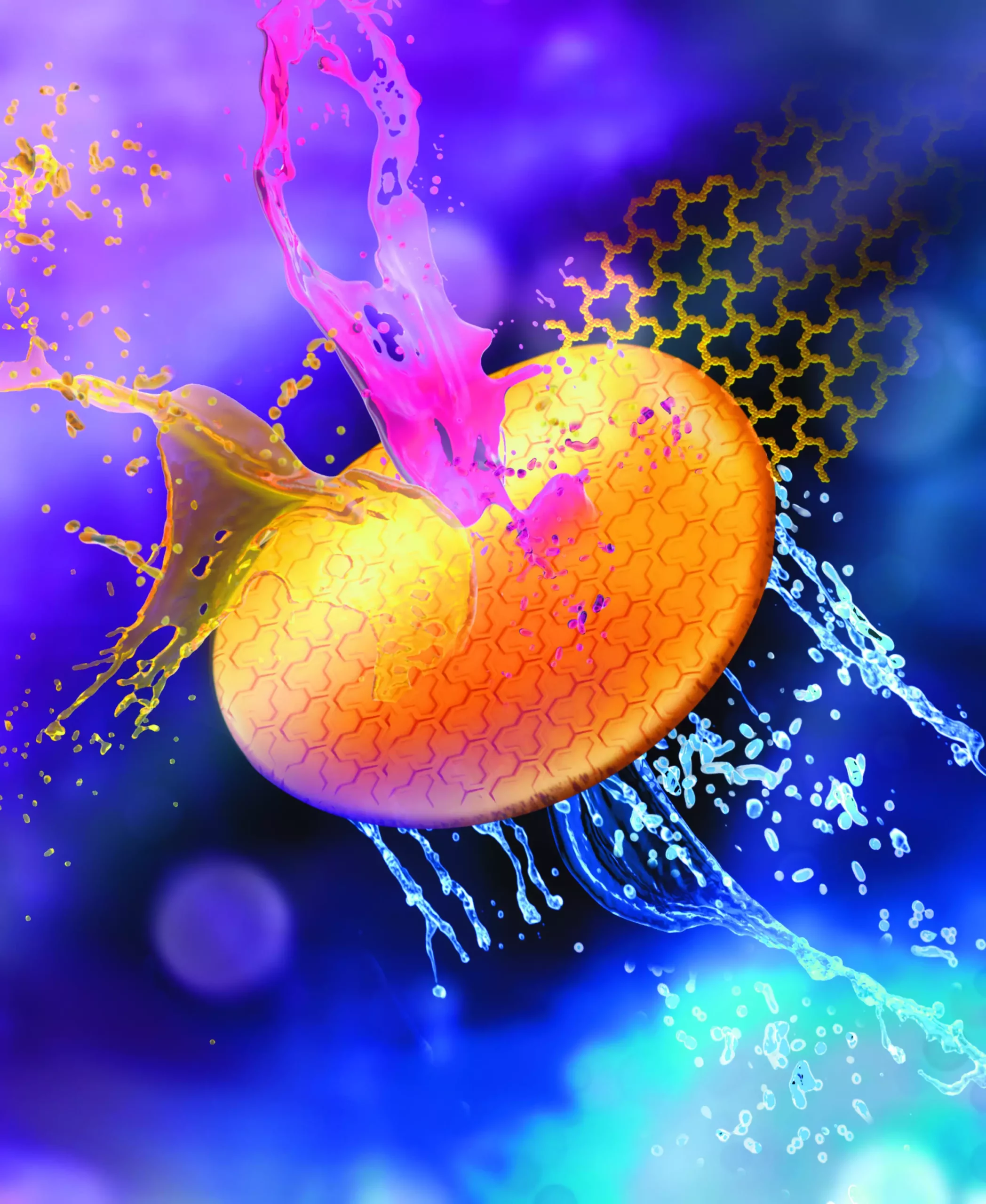In a groundbreaking study from NYU Abu Dhabi (NYUAD), researchers have introduced a remarkable technique that leverages microwave technology to create a new type of membrane designed for water purification. This novel innovation utilizes a unique synthesis method that allows for the rapid development of covalent organic framework (COF) membranes. Traditional methods for synthesizing such membranes can be time-consuming and complex, but the approach pioneered by the NYUAD team reduces this process to mere minutes. This efficiency is especially critical in addressing the urgent need for effective wastewater treatment in an era characterized by increasing water scarcity.
Dual-Faced Membrane Functionality
One of the standout features of this innovative membrane technology is its dual-faced design, which comprises superhydrophilic and near-hydrophobic surfaces. This configuration significantly enhances the membrane’s ability to remove a variety of contaminants, including oils and dyes. Such multifunctionality is essential in the realm of water filtration, as it not only improves the overall filtration process but also imparts essential antibacterial properties to the membranes. This is particularly crucial for ensuring the long-term usability of the membrane in real-world applications, where sustainability is paramount.
This research, detailed in the prestigious Journal of the American Chemical Society under the title “Tunable Wettability of a Dual-Faced COF Membrane for Enhanced Water Filtration,” highlights the collaborative efforts of researchers Farah Benyettou and Asmaa Jrad, guided by Ali Trabolsi, a prominent figure in chemical research and the Co-Principal Investigator at the NYUAD Water Research Center. A cornerstone of their methodology is the one-step synthesis that occurs at the interface of liquid and vapor, granting them remarkable control over the membrane’s structural and functional properties without necessitating additional modifications. This level of precision is a significant advancement over traditional techniques.
The newly developed COF membranes exhibit an impressive capability to remove oils from oil-disturbed water mixtures while ensuring exceptional water flux. Their multilayered architecture, complemented by consistent porosity, contributes to this high performance. Furthermore, these membranes demonstrate superior resistance to organic fouling, which has been a long-standing obstacle within standard membrane-based filtration systems. The capability of these membranes to not only clean but maintain effectiveness against fouling marks a substantial improvement over conventional polymer membranes.
A Path Towards Sustainable Water Solutions
As water scarcity becomes an increasingly pressing global issue, this innovative approach to membrane technology offers a promising solution. The NYU Abu Dhabi team’s work signifies a potential turning point in water purification strategies, particularly in developing regions where access to clean water is limited. With its simplified production process and enhanced separation capabilities, this technology stands as a beacon of hope, offering effective means to tackle urgent water quality challenges on a global scale. As further research and development unfold, the potential for widespread adoption of such advanced membranes could significantly improve water resource management worldwide.


Leave a Reply